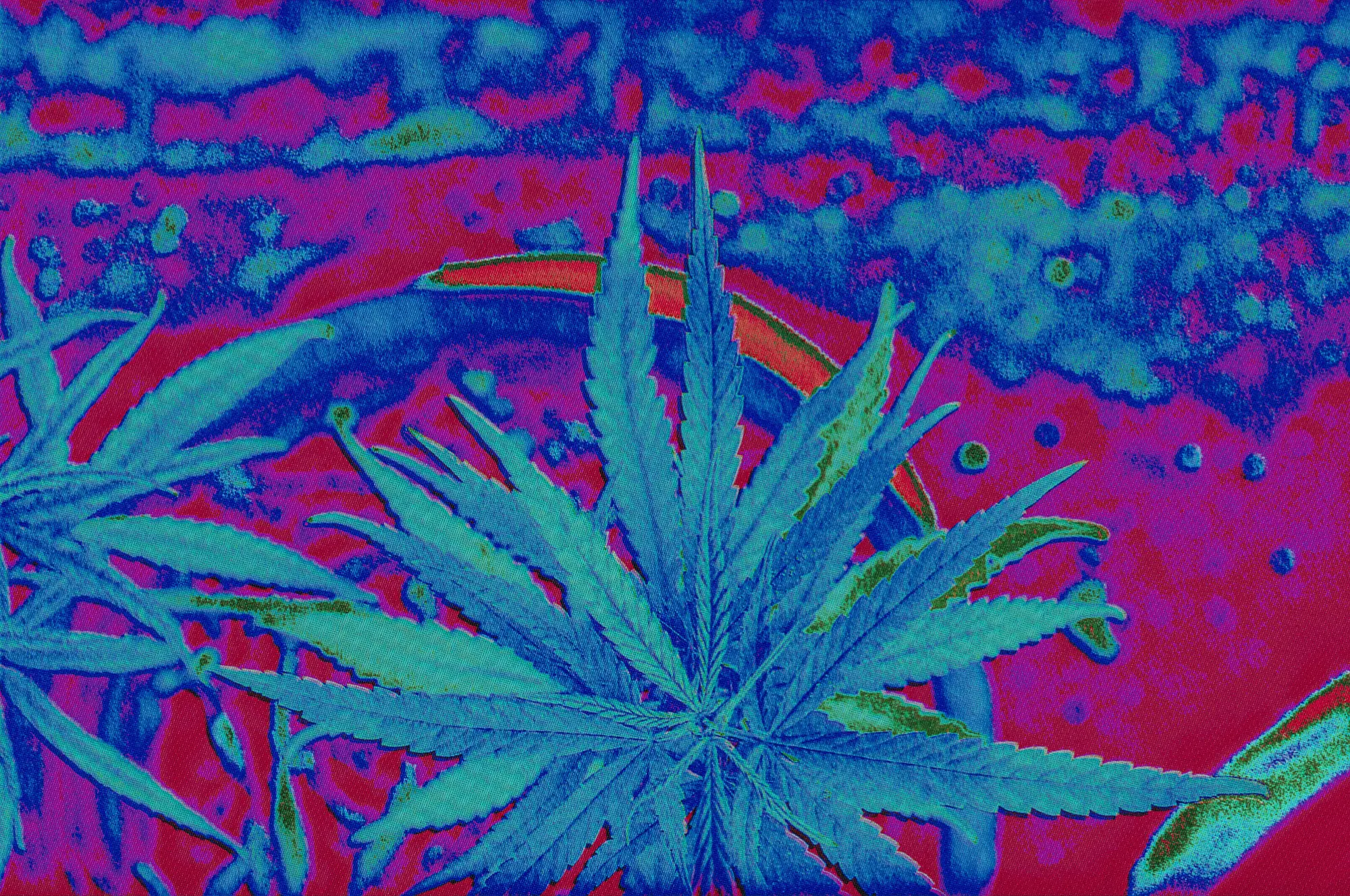Japan has a reputation for precision — trains that run like clockwork, etiquette that borders on performance art and now drug laws that have been tightened to an even finer degree. If you’ve gotten used to the relaxed cannabis policies of, say, Colorado or British Columbia, consider this your wake-up call. Over here, even the faintest whiff of weed can land you in hot water. And with a fresh update to the law, they’ve figured out how to make something already illegal even more illegal.
Let’s break it down — and while we’re at it, clear up why your ADHD meds and cold medicine might not be as harmless as you think.
Cannabis in Japan: Now With Extra Zero-Tolerance
Cannabis has been illegal in Japan since the Cannabis Control Act of 1948, a postwar policy heavily influenced by the Allied occupation. Although the act permitted cultivating the cannabis plant for traditional uses like shimenawa ropes (by excluding mature stalks and seeds from its legal definition of cannabis), possession and sale of the plant beyond these exceptions were strictly banned. Until recently, however, actually using cannabis wasn’t a criminal offense. That changed in December 2024, when the law was amended to criminalize usage alongside possession and distribution.
Now, suspicion of cannabis use alone can lead to a demand for hair or urine samples, and paraphernalia like rolling papers or a pipe is enough to put you under investigation. If found guilty, the consequences can include hefty fines, imprisonment and a lifetime of social stigma.
Why the crackdown? Use of the substance has surged among Japan’s younger population, with 2023 seeing cannabis-related criminal cases surpassing stimulant-related cases for the first time. Reports show that over 70% of offenders are under 30, prompting the government to act swiftly.
Interestingly, while Japan has cracked down on recreational cannabis use, with the same law, it’s opened the door for medical cannabis, with production set to begin in 2025. But make no mistake — recreational use remains strictly off-limits.
For travelers, the takeaway is simple: Leave the cannabis at home, and don’t even think about experimenting. In Japan, even a puff of pot can lead to consequences far worse than a bad trip.
Prescription and OTC Drugs: Tread Carefully
Japan’s zero-tolerance drug culture doesn’t just apply to recreational substances — it extends to common medications you might pack without a second thought. Here’s what you need to know:
- Totally Illegal: Adderall, with its amphetamine content, is banned outright — even if prescribed. Pseudoephedrine, found in common decongestants, and codeine, found in many cough syrups, are also prohibited.
- Needs Paperwork: Vyvanse (lisdexamfetamine) and some medications containing methylphenidate (Concerta) are allowed, but only if you have a yunyu kakunin-sho (import certificate) for those medications.
Yunyu Kakunin-sho: Your Golden Ticket
If you need to bring medication to Japan, especially controlled substances, you’ll have to navigate the yunyu kakunin-sho process. While bureaucratic, it’s straightforward enough if you follow these steps:
- Fill Out an Application Form: Forms are specific to medication type (e.g., stimulants, psychotropics). Include precise details about your travel dates and quantities.
- Obtain a Medical Certificate: Your doctor must provide a signed statement detailing your condition, the necessity of the medication, dosage and strength. This certificate must be issued within three months of your travel date.
- Provide Supporting Documents: Include photos of the medication packaging or official documentation detailing the medication’s contents.
Submit your documents to the Narcotics Control Department (NCD) of the Regional Bureau of Health and Welfare in charge of your arrival location at least 14 days before travel. During peak travel seasons, apply earlier to account for delays.
Remember to keep your approved certificate on hand when you arrive. For more details, including a list of banned substances and application deadlines, visit the NCD’s official page. And don’t hesitate to use the email addresses provided for each bureau to ask questions; officials are known to be helpful and considerate.
Cautionary Tales and Tips for Navigating Japan’s Drug Laws
- Check Before You Pack: Know which medications are restricted and confirm them against Japan’s controlled substances list. Carrie Russell, an American teacher, was arrested after mailing herself a several-months’ supply of Adderall. Japan doesn’t recognize prescriptions from the US, and her attempt to bring the medication in without approval led to 18 days of detainment before she was deported.
- Apply for Permits: If your medication requires a yunyu kakunin-sho (import certificate), start the process well in advance of your trip. Japanese holidays can delay approvals, and incomplete applications may cause further setbacks. Don’t risk finding yourself without essential medication — or worse, in legal trouble — because of last-minute planning.
- Carry Documents: Keep your import certificate, medical certificate and any supporting documents with you at all times while traveling. Customs officials may request these at any point. A lack of documentation could result in confiscation or detainment, even if your medication is otherwise permitted.
- Be Wary When Mailing Medications: Sending meds by mail without following proper procedures (or having banned meds or drugs mailed) is a surefire way to become a headline. Julie Hamp, Toyota’s first female senior executive, was arrested for mailing herself prescription oxycodone in a package labeled “necklace.” A valid US prescription didn’t stop her from being detained and resigning in disgrace.
- Know the Risks: Japan’s legal system is unyielding, and detainment can last up to 23 days, even for minor infractions. The country’s zero-tolerance stance applies not just to possession but even to suspicion of drug use. As a few Nihon University football players learned, even rumored drug use can end careers and permanently tarnish reputations.
Safe Travels
Japan’s approach to drugs might feel draconian, but it’s non-negotiable. Whether you’re caught with a joint at a party or a seemingly harmless decongestant at the airport, failing to educate yourself and act accordingly can land you in a world of trouble. Respect the laws, double-check your medications and get the right permits. Tokyo’s a great city to explore; don’t limit yourself to experiencing it from a holding cell.









